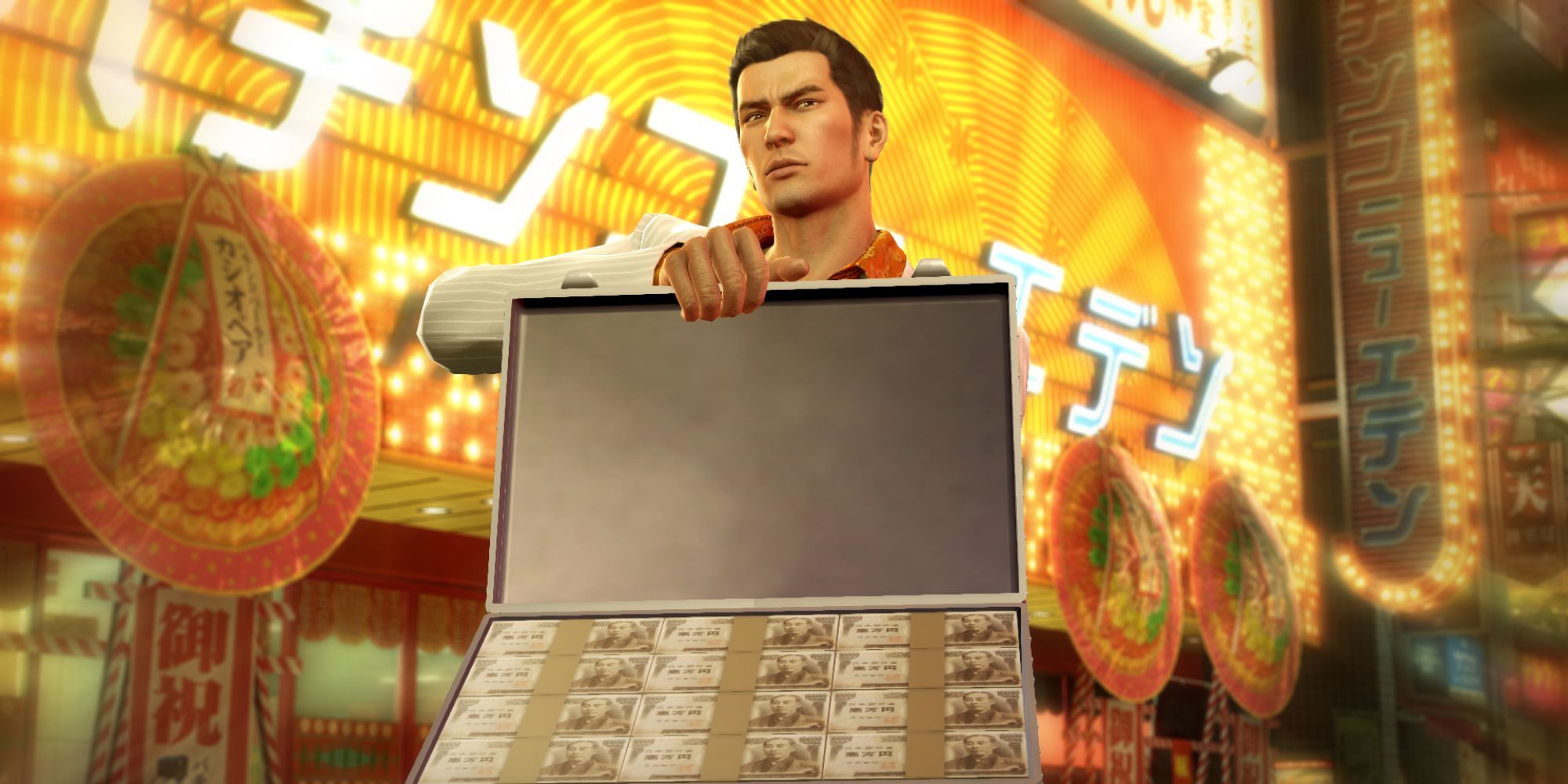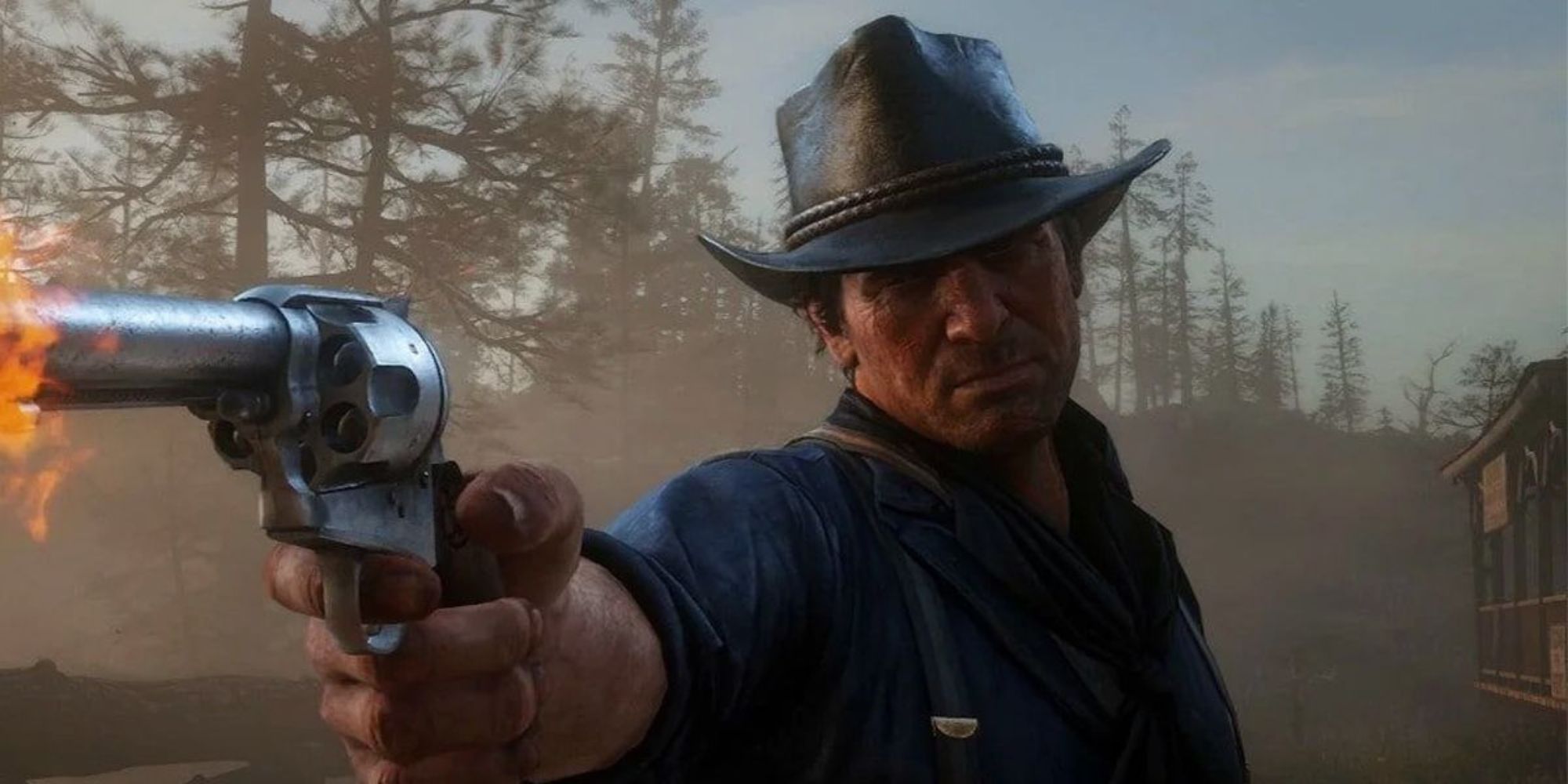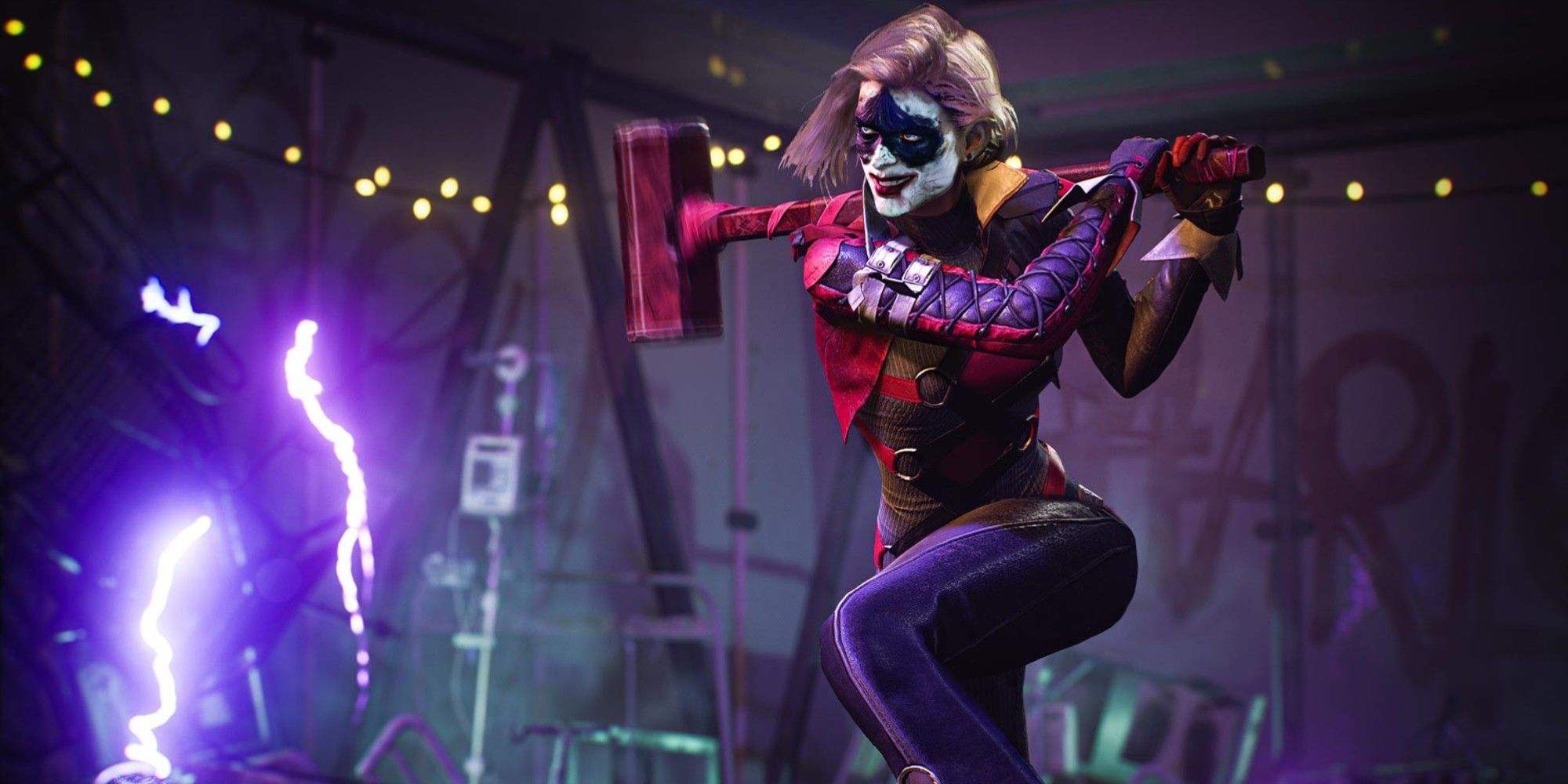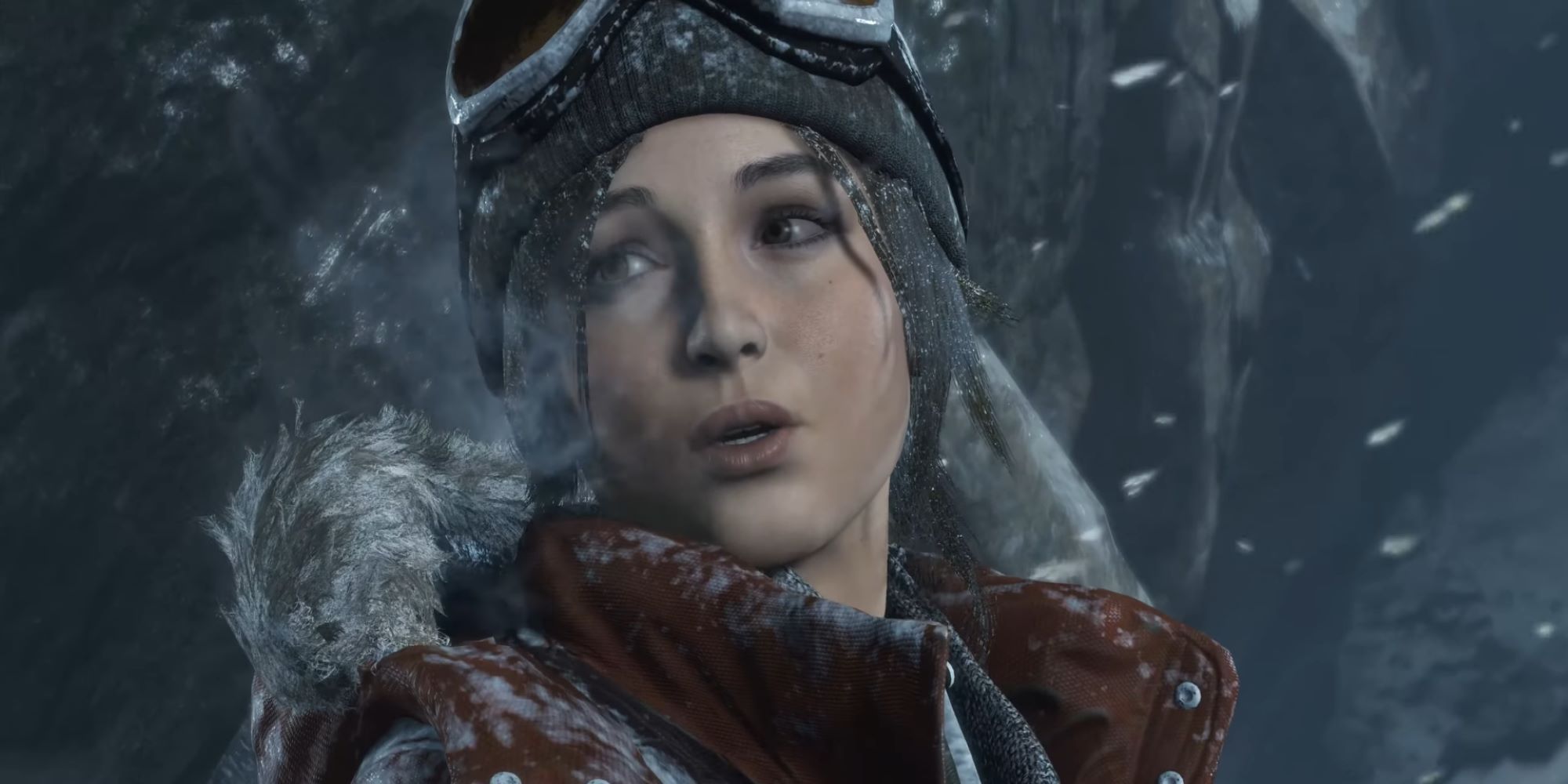Everyone would agree that games are too expensive now, and when I say everyone, I mean everyone. Whether it's indie developers trying to scrape together the cash to stay afloat, major studios attempting to push the envelope, publishers trying to make a profit, or regular gamers staring at their wallets, games cost too much money. This is an issue I think about a lot, so there were two news stories over the past weekend which caught my eye. The first was that the CMA Activision-Microsoft merger report claimed triple-A projects can have budgets that go into the billions. The second was that the $70 price point is putting a lot of players off buying new games. Together, these two stories paint a picture of an unsustainable future.
The CMA report is basing this off publisher claims rather than listed budgets, but it's easy to believe this will be the case in the future, if it's not already. CD Projekt Red spent $316 million on making Cyberpunk 2077, and that's before you account for its astronomical marketing. Modern Call of Duty games cost around the same. The Callisto Protocol, considered to be a mid-tier triple-A game, had development costs of $162 million. Genshin Impact's ongoing development and support totals around $500 million. One unnamed studio in the CMA report had a development budget of $660 million with a marketing cost of almost $550 million. For those making them, games are just too expensive.
As for players, it's unsurprising that the increased price point is putting them off. It's near impossible to factor what a game is 'worth' compared to what they were sold for 20 years ago, because you don't just look at inflation, but also wage stagnation, the changing demographic of gamers, the increase in technology, the difference in narrative and graphical quality, the longer playtimes, but also the rise in patches, broken launches, microtransactions, online subscriptions... the whole media landscape has changed. It's impossible to compare a video game released today to a video game released in the 1990s. They are a different species. In the 1980s, you'd go to the cinema and see Star Wars. In the 2020s, it's the MCU. That's a fairly consistent media market. Gaming has changed far more drastically.
This is not to argue the $70 price point is fair. If it doesn't make sense for your audience, then it's not fair. That's the bottom line here. I only mean you can crunch the numbers however you like, and determine that $70 is too low, too high, or just right. Usually it's whichever answer you already thought, what are the chances? Studios and publishers can point to these increased budgets and offer a defence of the $70 price, along with often stuffing their games with pointless filler that adds hours onto the playtime but ultimately makes the game worse.
There are times when these high development prices seem worth it, and everyone just goes about their lives. It has already been a decade since the last GTA game, and the next one is still years away, with just Red Dead Redemption 2 in the middle. Naughty Dog released The Last of Us a decade ago, and in the time since has only brought out Uncharted 4 and The Last of Us Part 2 as fully fledged releases, as well as some remasters, expansions or spin-offs, and collections. Of course, to say 'only' feels insulting - GTA 5, Red Dead Redemption 2, The Last of Us, Uncharted 4, and The Last of Us Part 2 would all be contenders for the top ten games released since 2013. Studios are taking their time and spending a lot of cash, but they're making masterpieces.
Except most of them aren't. We are seeing games be delayed for months and even years, have huge budgets, be sold at full price, and still end up pretty average, at best. The Callisto Protocol, with $162 million thrown at it, scored a disappointing 70 on Metacritic and did not meet sales expectations. Gotham Knights, arriving nine years after developer WB Games Montréal's last game and with heavy marketing (not to mention the obvious costs for its franchise), scored a near-unheard-of score for triple-A games at 64, and flopped commercially. The stars do not seem aligned for Suicide Squad: Kill The Justice League either.
It doesn't matter that these games aren't as good as Red Dead Redemption 2 - or at least, it shouldn't. But when their costs run to nine figures and they have development cycles that mean they take longer than medical school, they kind of need to be. Modern game development means every studio is always seeking to make a masterpiece. It's always paying for it, and it's always charging for it. Even in a medium where the critics are generous with perfect scores, they often fall short. But they've already paid for it. So they're still going to charge you for it.
Here is the crux of the issue. When I was a kid, my favourite games were Crash Bandicoot, Spyro, and Tomb Raider. I got a new game from all of them every year. From 1996 to 2003, Tomb Raider had one game every year - two in the year 2000. It then took a three year break and came back with my favourite game in the series and went on another run of three games in three years. Crash went back to back '96-'98. Spyro had a decade long unbroken streak from 1998-2008, although admittedly they weren't all winners. I know some of these games, even the great ones, don't hold up today. When they brought back Crash and Spyro for remasters, they had to pack the trilogy together so they added up to a reasonable playtime for modern audiences. And as I mentioned above, the audience is very different. Length used to come from challenging difficulty, now it comes from easy filler.
But the fact remains that gaming used to be able to produce major hits and rewarding experiences for much cheaper, and still leave its audience satisfied. Now we're made to wait five years or more between series, and then drop $70 for them. Studios have to charge us that much, because it cost them $700 million to make and market. Things can't keep going this way - it's just too expensive.




